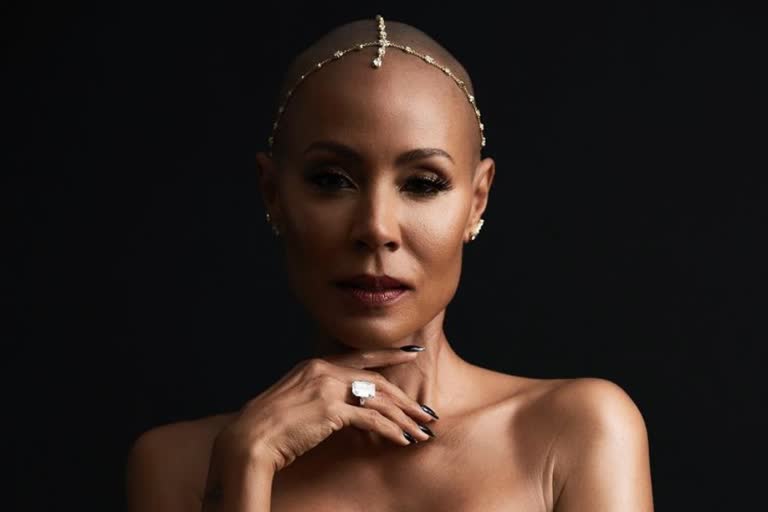There have been innumerable media stories about the slap, including an episode of Don't Call Me Resilient. The joke, however, has received less attention. Jada, I love you. G.I. Jane 2 can't wait to see you, is what Rock said to Jada Pinkett Smith and the Oscar night audience before Smith got up and slapped him. G.I. Jane is a 1997 fictional drama starring Demi Moore about the first woman to undergo training in the United States Navy Seals. Moore's feminine character, Jane O'Neil, is chosen by a female politician attempting to make a point in her battle against the inherent sexism in the military. To keep hanging, O'Neil divests herself of any trace of femininity and shaves her head.
Although a shaven head for a woman should not signify anything but a style choice, Pinkett Smith's shaven head is also due to alopecia. In 2021, she shared a video on Instagram explaining the disorder. Regardless of the reasons for Pinkett Smith's hairstyle, Rock's joke was yet another jab at a Black woman's hair. We Black women have learned to love our hair, despite a wider culture that has, historically, not accepted its diversity. In fact, Black women have been fighting the court system for 40 years to get protection from hair discrimination.
Alopecia disproportionately affects Black women
In my 2019 book, Beauty in a Box I examined the dermatological research on hair loss. Two U.S. studies, from 2009 and 2017, found that central centrifugal cicatricial alopecia (CCCA) is often underdiagnosed; some estimates report that 17 per cent of Black women have this condition. Some of the reasons why Black women are more adversely affected by CCCA are due to tight braiding hairstyles, long-term use of hair weaves, lace-front wigs and chemical relaxers.
While Rock might not have known of Pinkett Smith's alopecia, in his 2009 documentary Good Hair he spoke to Black women about their hair, especially about chemical relaxers. Good Hair was a successful film for Rock, but that does not mean he grew from the project.
Black hair discrimination and the CROWN Act
Glamour's September 2020 cover story was dedicated to six Black women who endured discrimination at work because of their hair. The feature explained how curly, kinky or big hair carries meaning for Black women. For example, a messy topknot is considered chic on a white woman, while a Black woman with natural hair such as large Afro or locs would be considered unkempt and has led to workplace reprimand.
On March 18, 2022, the U.S. House of Representatives passed the CROWN Act, banning hair discrimination at private places of work, federal programs and public accommodations. CROWN stands for Creating a Respectful and Open World for Natural Hair. A 2019 Dove study found that Black women were 80 per cent more likely to feel pressure to change their hairstyles to fit in at the office.
Black women were also 83 per cent more likely to report being judged on her looks than other women. The CROWN Act is not yet an official law. Despite President Joe Biden expressing strong support for the bill, there may not be enough votes to pass it.
